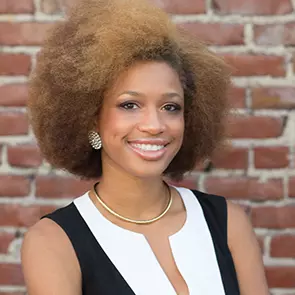Ashlee George

Presentations from Facing Race 2020
Restorative justice represents a complete paradigm shift from viewing harm as a violation of the law to understanding it as a violation of people and relationships that requires individual, interpersonal, community, and system-wide accountability and healing. This approach is a powerful tool for all communities, especially marginalized and silenced ones, because it offers a system that does not require centralized or concentrated power. With this in mind, we are collaborating with community-based organizations and systems partners in counties across the country to establish pre-charge, restorative justice diversion programs for serious harm. These programs rely on consensus-based plans through face-to-face dialogues to meet survivors’ needs and bring all affected parties into accountability processes that repair and rebuild relationships without reliance on criminalization.
Through this workshop, we will first use slides and images to describe our work supporting communities in creating restorative justice diversion processes to replace the criminalization of youth of color. We will then lead participants through a visioning exercise to imagine what it would look like to live in truly “restorative cities” where, for instance, each individual is valued, people do not call the police when harm occurs, people live in relationship with one another, and there is collective decision making and accountability by all community stakeholders. Finally, participants will break into region-based, small groups to discuss concrete ways they can support each other (perhaps through the creation of regional coalitions) and incorporate restorative justice practices as they take steps towards realizing the types of communities they have envisioned.